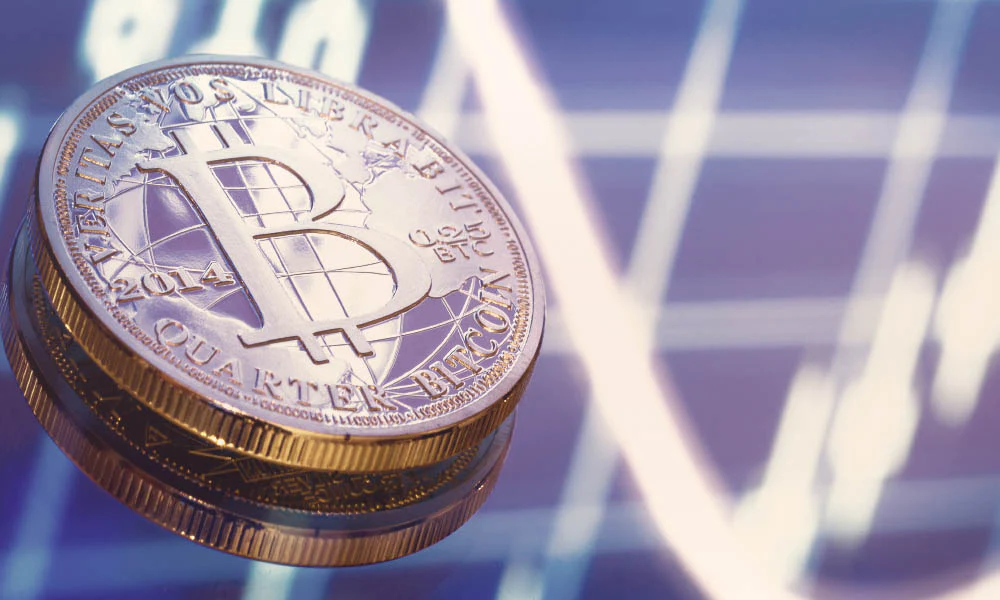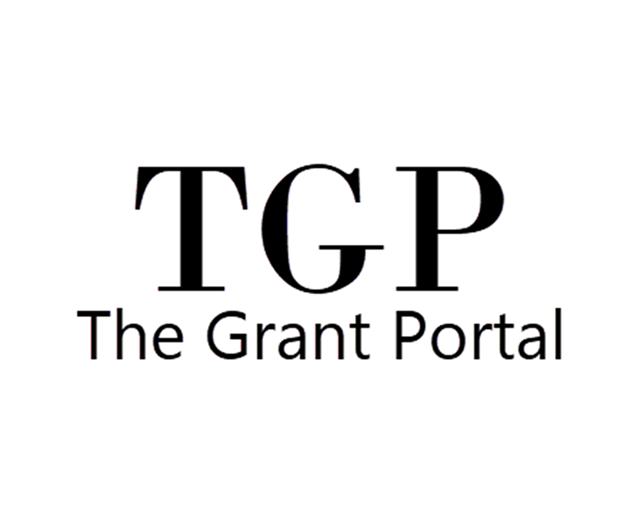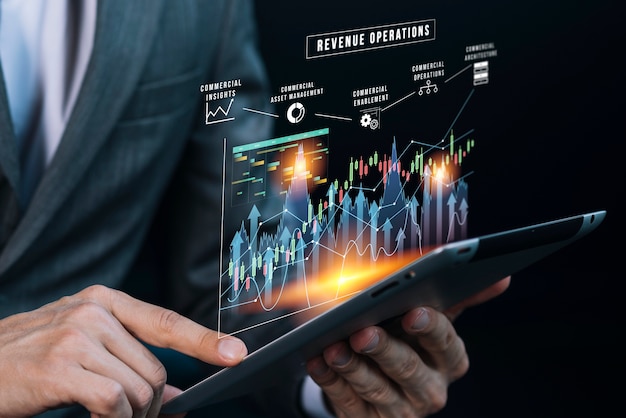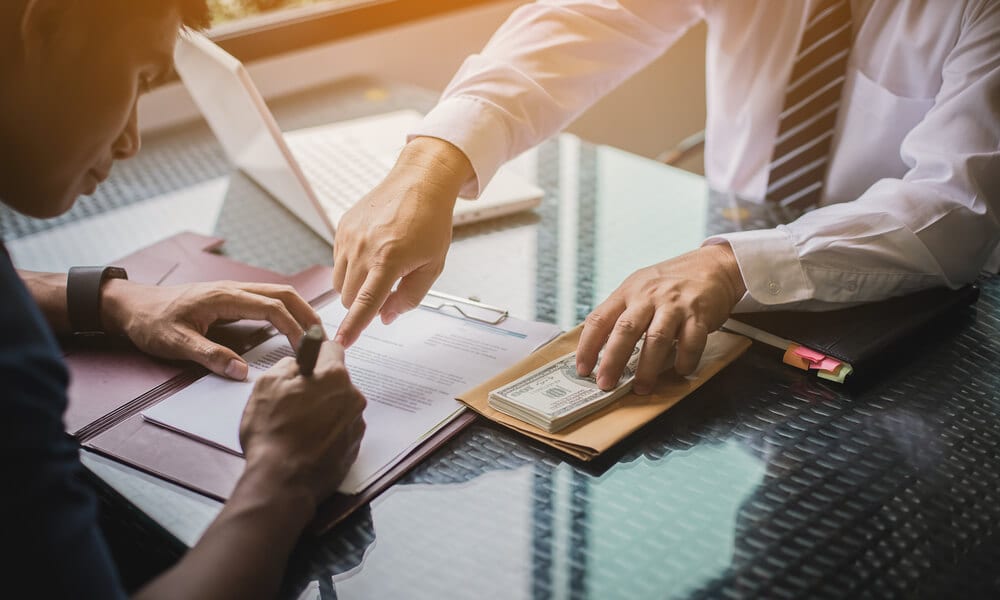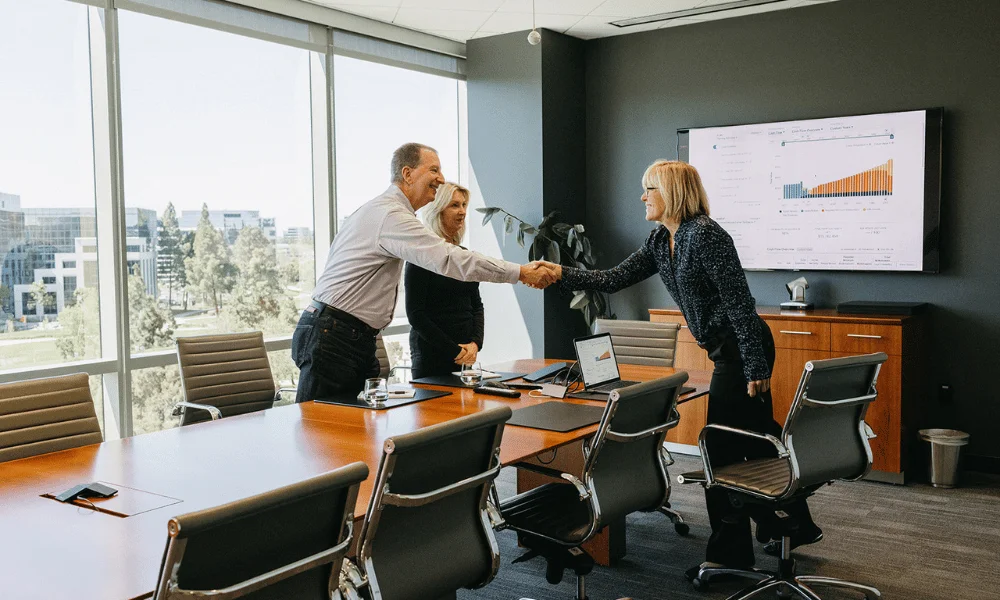The basis of cryptocurrencies such as Bitcoin is blockchain technology, a distributed digital ledger safely documenting transactions among several computers. Although most people’s attention on blockchain is directed on cryptocurrencies, its possible uses go well beyond digital coins. Blockchain presents interesting possibilities in several industries, including money, healthcare, and government, for a territory like Gaza beset with infrastructure and economic problems. The possibilities of blockchain technology for Gaza and how they could assist to change the area are investigated in this paper. How to buy Bitcoin in Gaza often involves using peer-to-peer platforms and digital cryptocurrency exchanges.
- Access to Financial Inclusion
Financial isolation brought on by limited access to world banking networks is one of Gaza’s most urgent problems. Because of its distributed character, blockchain technology can help get above these limitations. Blockchain lets people do safe, peer-to-peer transactions free from middlemen or banks. By providing safe means of value transfer, receipt, and storage—even in the lack of conventional banking infrastructure—this might empower the unbanked inhabitants of Gaza to engage in the worldwide economy. Moreover, blockchain-based solutions could provide access to microloans and crowdsourcing possibilities, which Gaza’s financial isolation now makes tough to get.
- Open Supply Chain
Blockchain could be quite important in Gaza, where blockades and limitations can limit access to products and humanitarian supplies, so enhancing supply chain transparency. Organizations may monitor the flow of products from their source to their destination by means of blockchain’s unchangeable ledger. This openness would enable customers and vendors to confirm the validity and source of products, therefore guaranteeing that supplies and aid find their intended beneficiaries without being diverted or wasted. Blockchain could also enable the efficient delivery of food, medicine, and other vital resources as well as aid to simplify processes.
- Digital Identity and Administration
By offering safe, verified digital identities, blockchain might transform Gaza’s governance. Political unrest often results in citizens lacking formal documentation and services, so restricting their capacity to engage in voting, healthcare, and education. Gaza may use blockchain to create a distributed, tamper-proof system for digital identity management, therefore providing a safe means of proving identification and access to important services. This technology could potentially make transparent and safe voting systems possible, therefore enabling fair elections even in difficult political surroundings. Many people search for How to buy Bitcoin in Gaza due to limited access to traditional banking systems.


